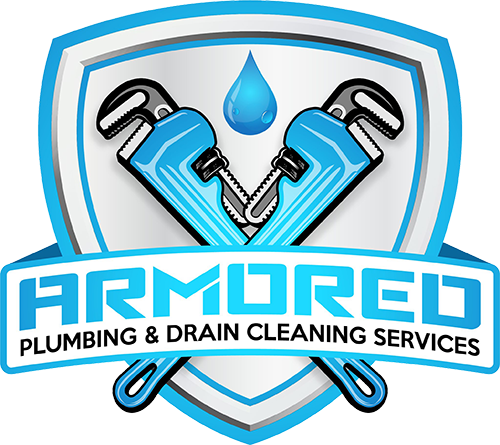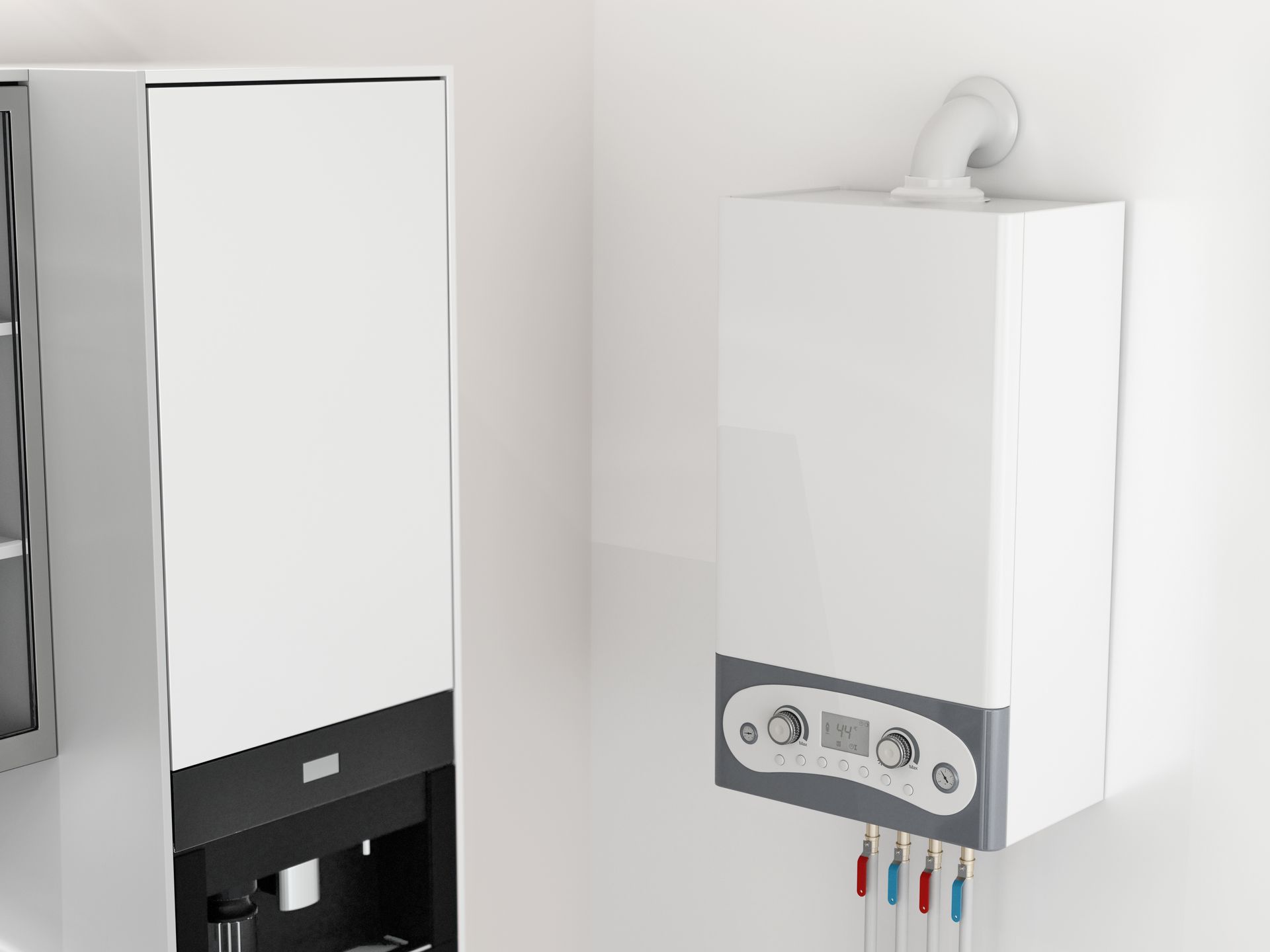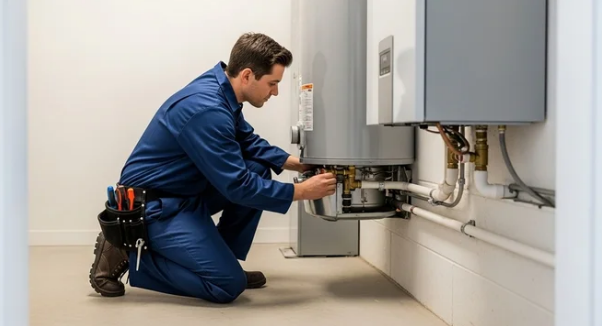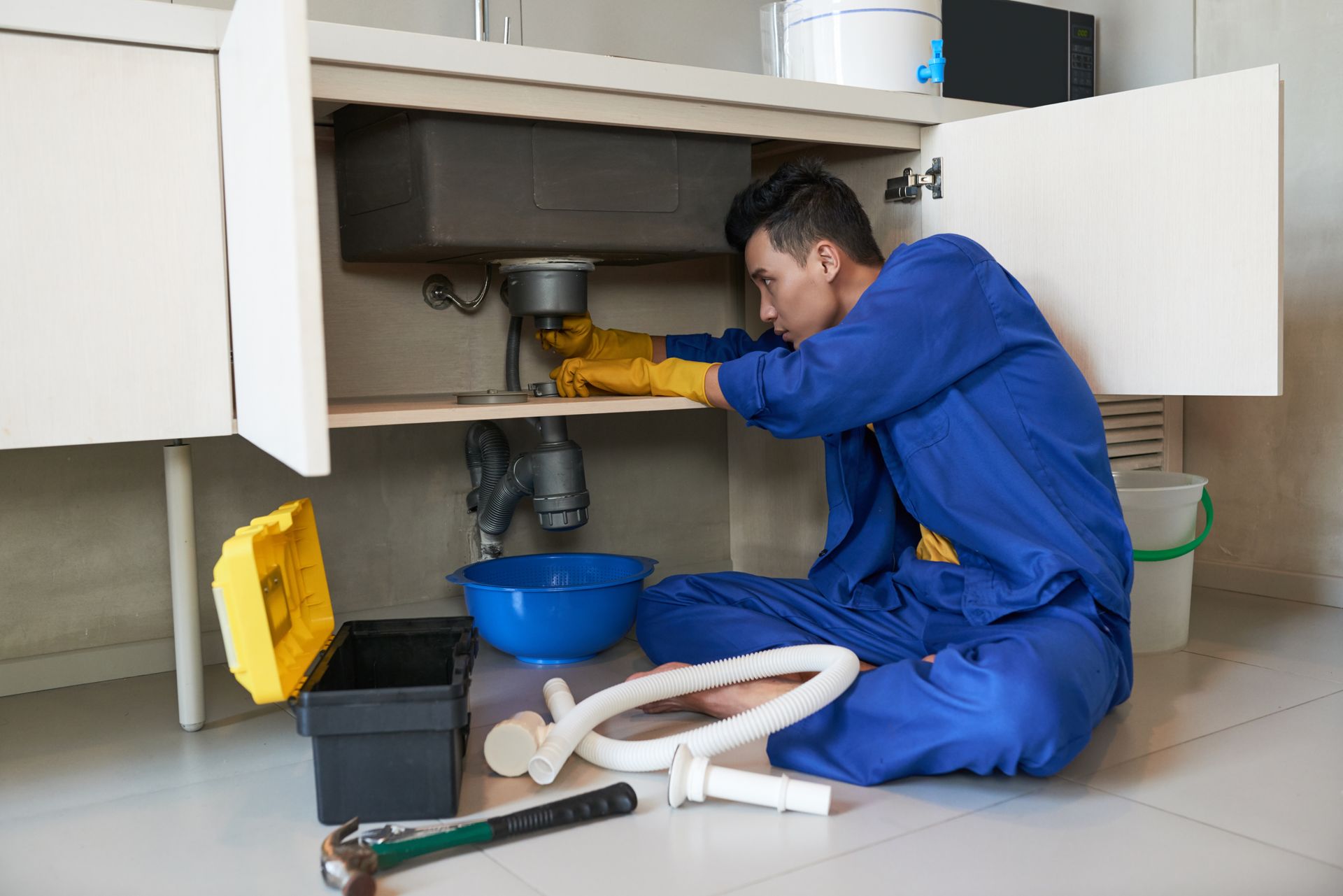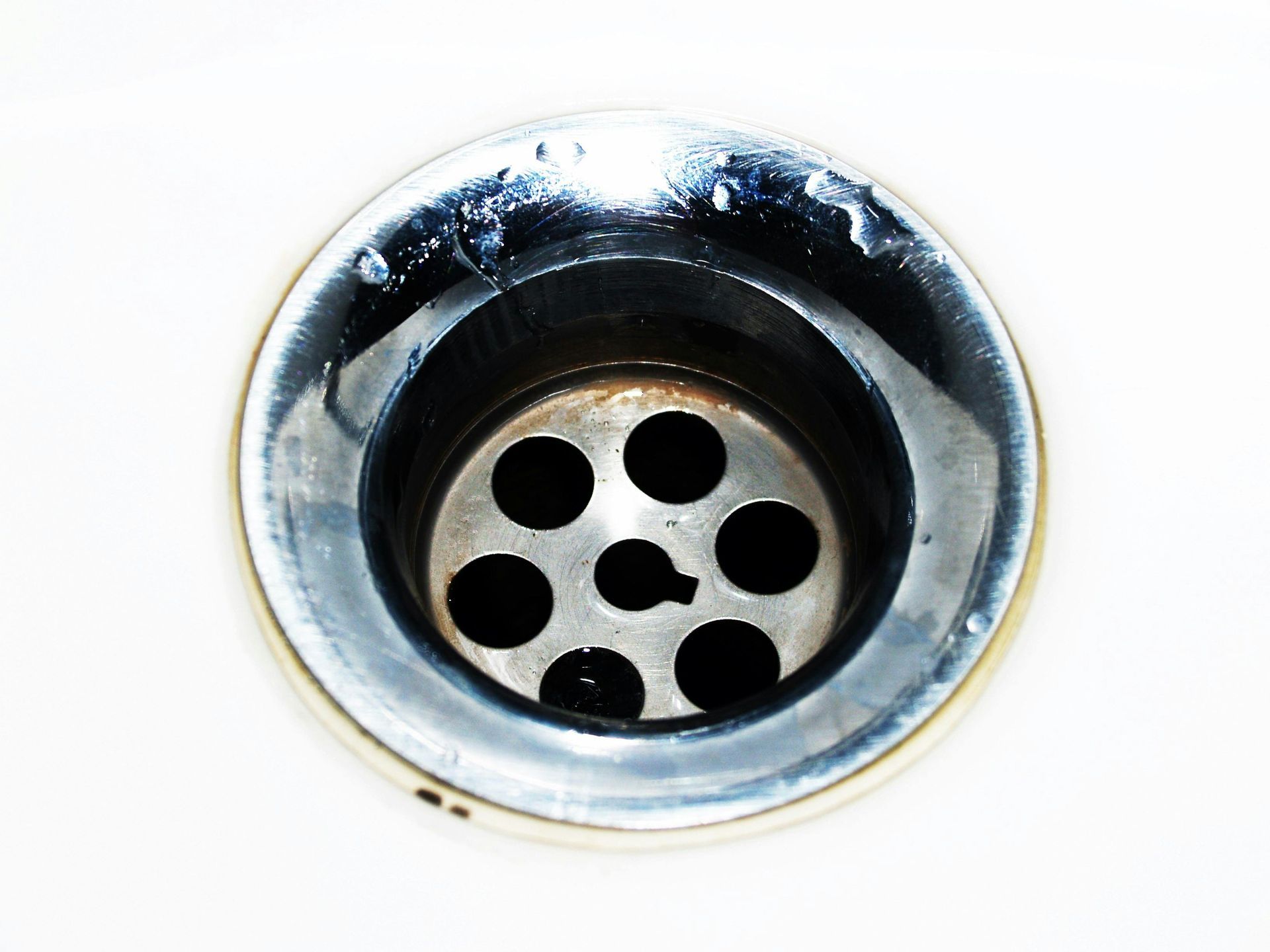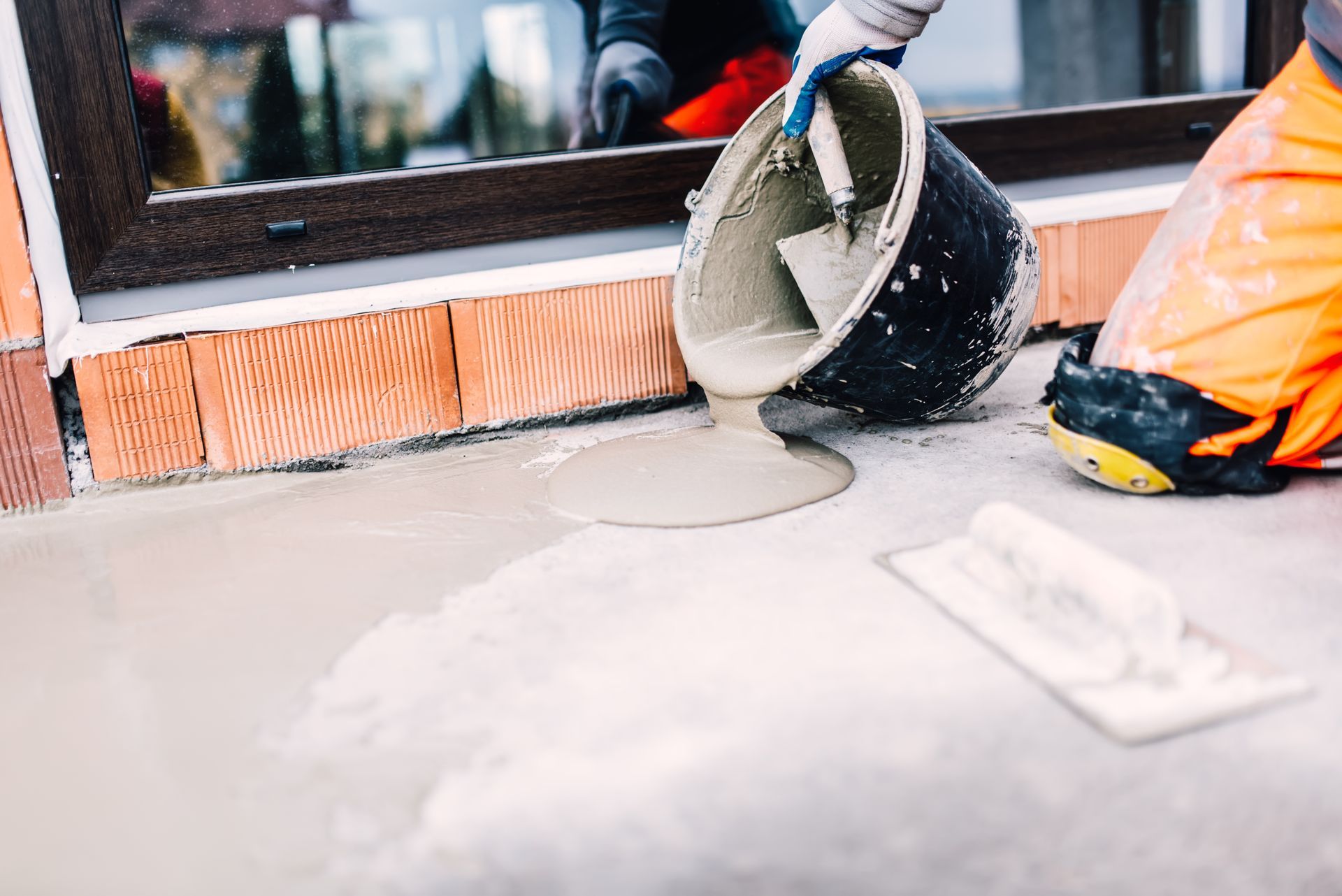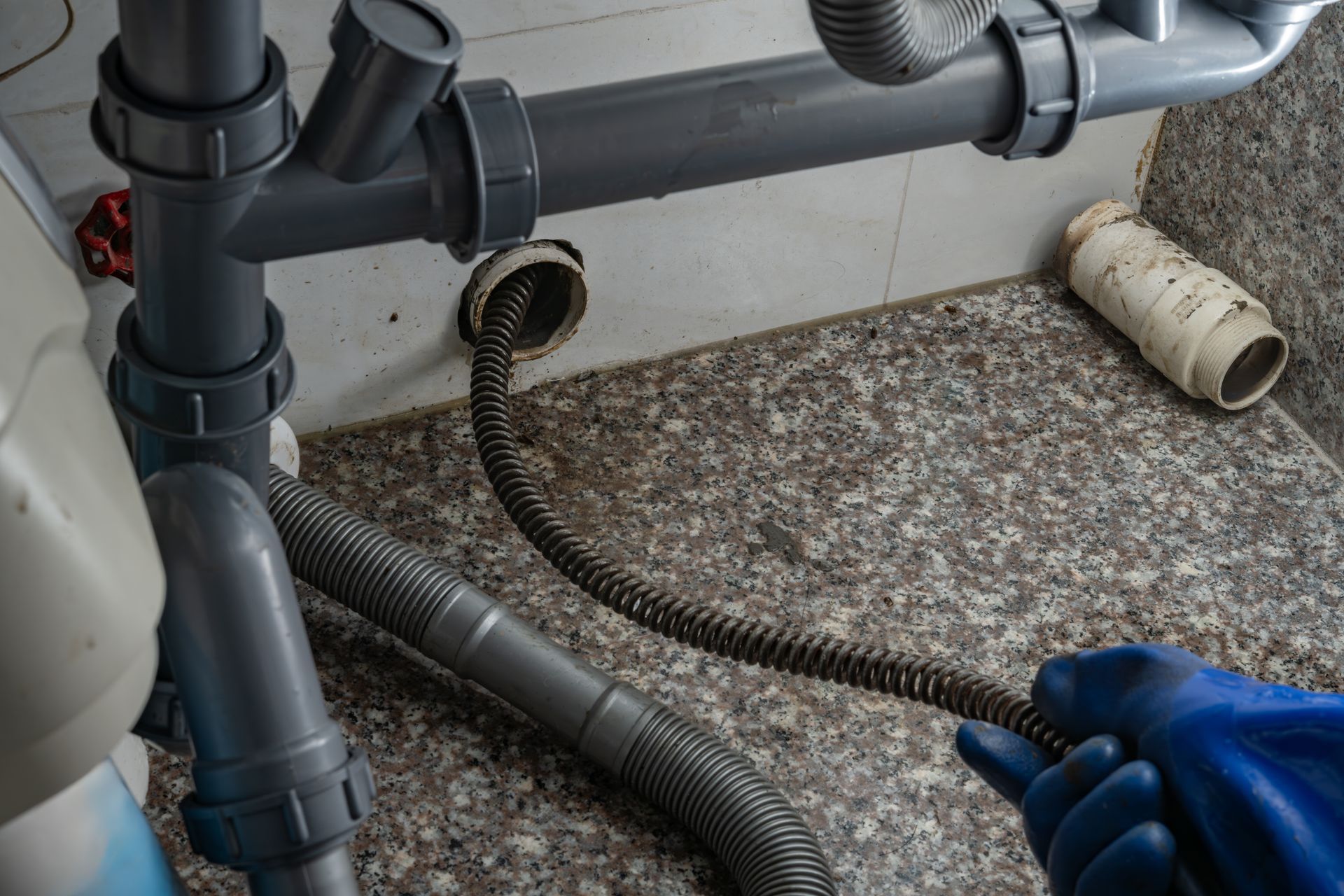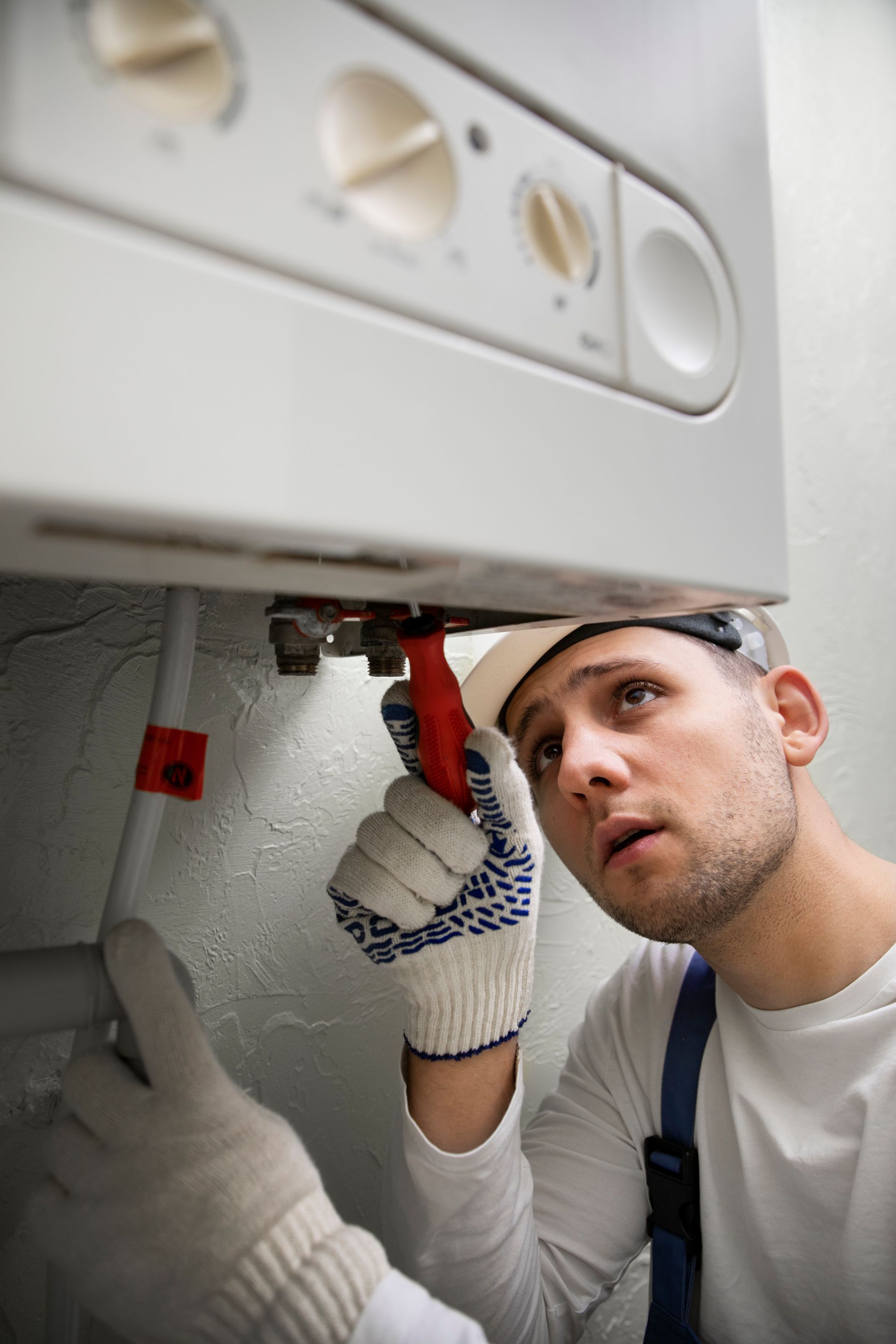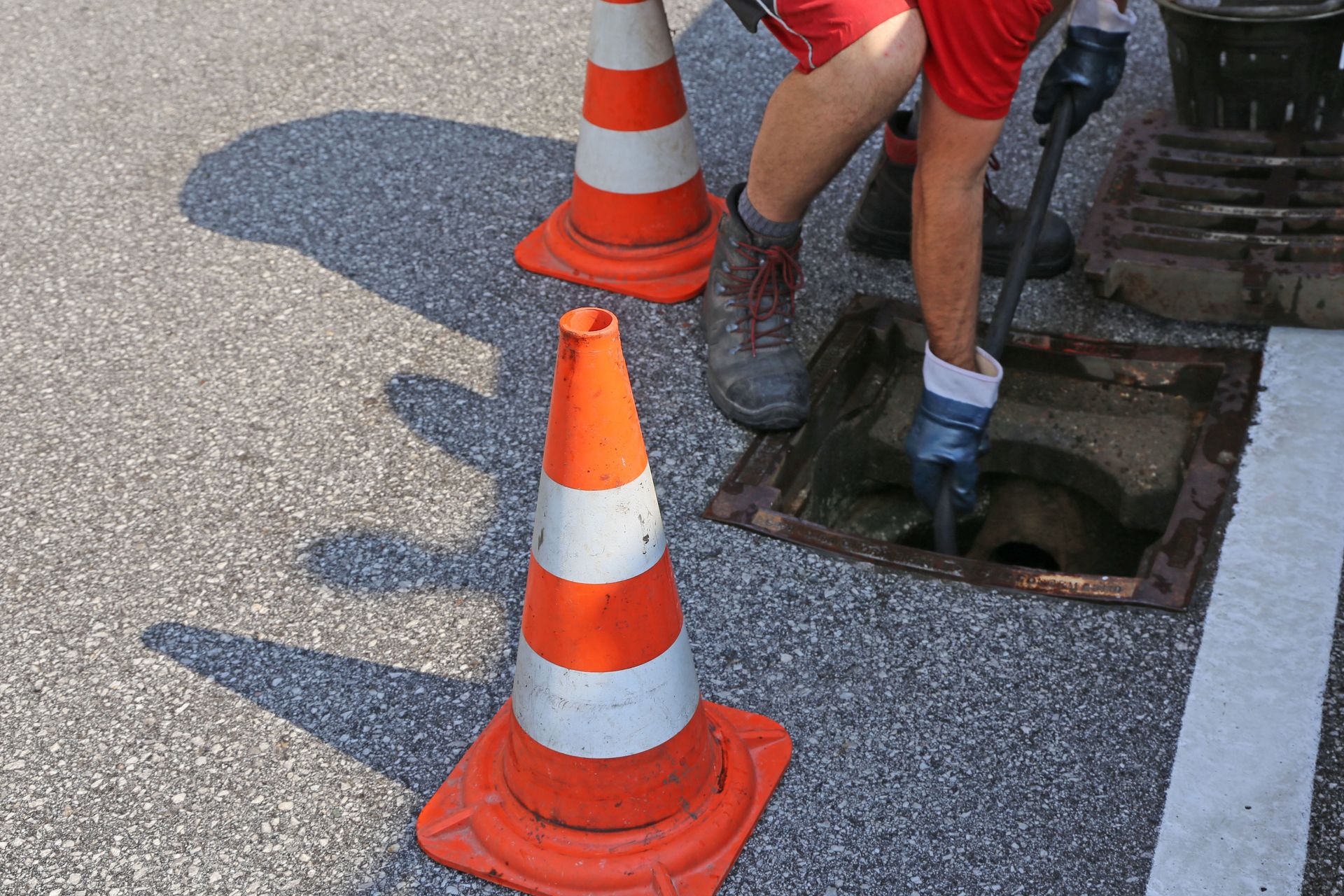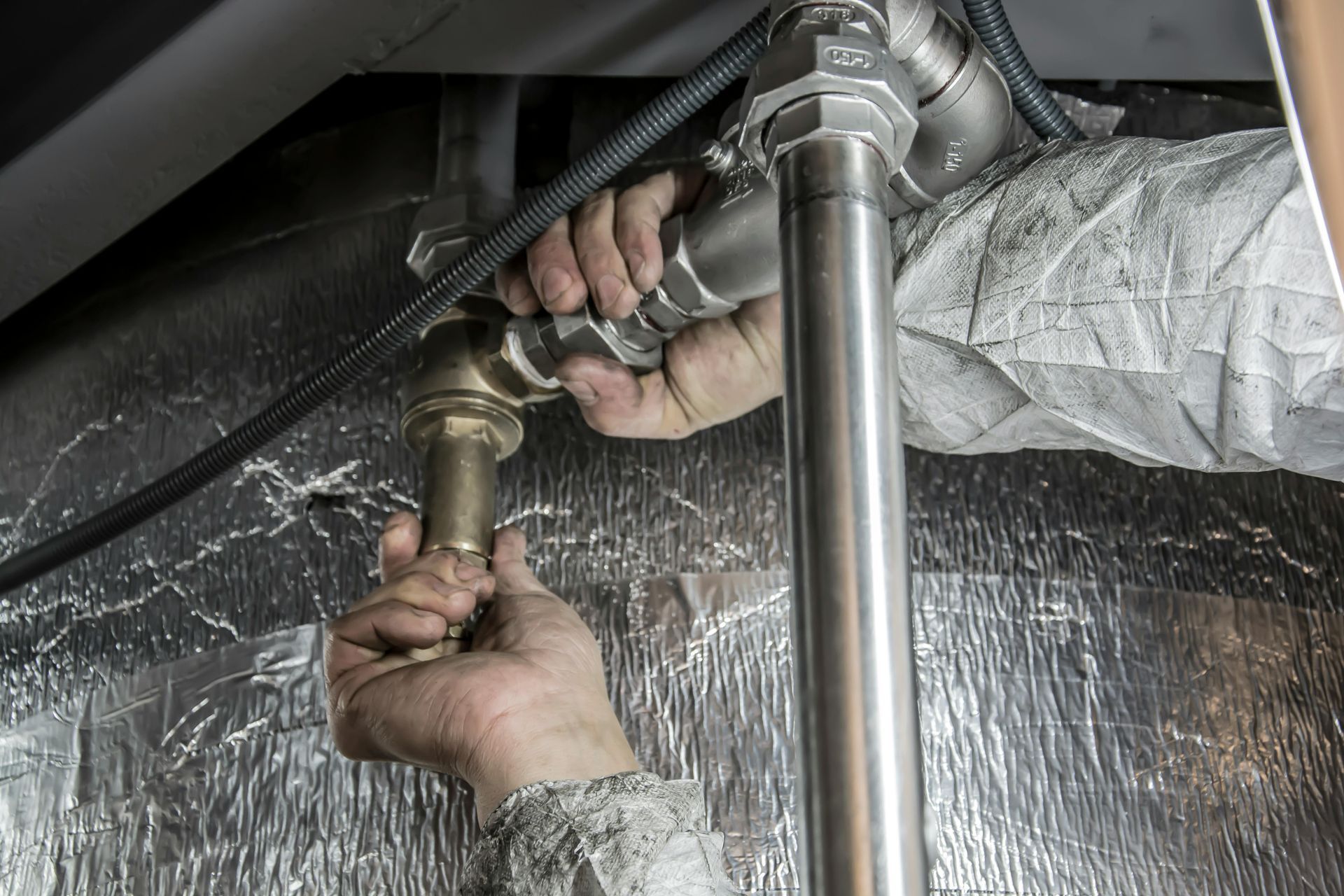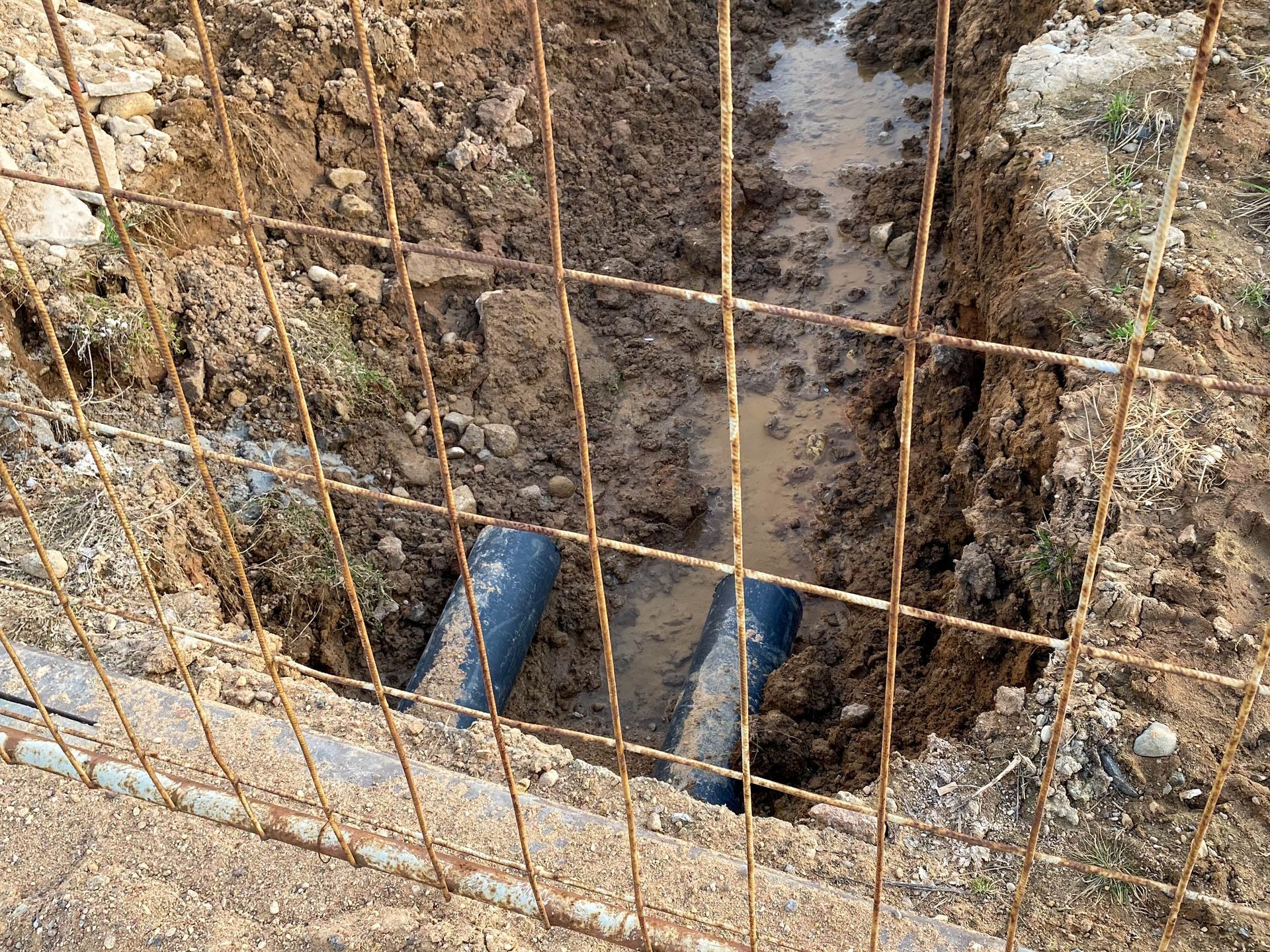Tankless Water Heater Installation in Lansing, MI: Energy-Efficient Upgrades
When it comes to comfort at home, hot water is non-negotiable. Whether it’s your morning shower, running the dishwasher, or tackling a load of laundry, you rely on your water heater daily. Traditional tank-style heaters get the job done, but they come with limitations—like running out of hot water right when you need it most. That’s why many homeowners and businesses are switching to tankless systems. If you’re considering tankless water heater installation Lansing MI, you’re looking at one of the smartest energy-efficient upgrades available.
In this blog, we’ll explore what makes tankless water heaters different, why they’re so popular, and how professional installation ensures you get the most out of your investment. Along the way, we’ll add some humor (because who wants a boring read about plumbing?) while keeping things practical and helpful.
Why Choose a Tankless Water Heater in Lansing, MI?
Tankless water heaters, sometimes called “on-demand” water heaters, heat water only when you need it. Unlike traditional tanks that store 40 to 80 gallons of water and continuously reheat it, tankless units use high-powered burners or electric elements to heat water instantly.
Here are some benefits:
- Endless Hot Water: Imagine a shower where you don’t hear someone yell, “Don’t use the hot water, I’m in here!” That’s the tankless experience.
- Energy Efficiency: Because tankless systems only heat water as it’s used, they waste less energy. That means lower utility bills.
- Compact Design: Tankless units can be mounted on walls and take up far less space than traditional tanks, freeing up storage room in your basement or utility closet.
- Longer Lifespan: On average, tankless water heaters last 20 years or more, compared to 10–15 years for tank-style heaters.
- Cleaner Water: With no standing water in a tank, you avoid the sediment and rust that can build up over time.
For Lansing homeowners looking to cut energy costs and upgrade comfort,
tankless water heater installation is an investment that pays off in more ways than one.
How Tankless Water Heaters Work
If the idea of “instant hot water” sounds like magic, let’s break down how it really works. A tankless water heater has sensors that detect when you turn on the hot water tap. The system then activates heating elements or burners, warming the water as it flows through the unit.
Here’s the process in a nutshell:
- You turn on the tap.
- Cold water enters the unit.
- A heat exchanger kicks in (powered by gas or electricity).
- Water heats instantly as it flows through the system.
- Hot water comes out of your faucet, showerhead, or appliance.
The best part? The system keeps running as long as the water is flowing, so you don’t run out in the middle of a shower or halfway through washing dishes.
It’s like having a hot water “factory” in your home that turns on only when you need it.
The Installation Process: What to Expect
A professional tankless water heater installation Lansing MI involves more than just swapping out your old tank. It’s a detailed process that ensures safety, efficiency, and longevity of the system.
Here’s what to expect:
- Initial Consultation: A plumber will assess your household’s hot water needs, water usage, and energy source (gas or electric). This helps determine the right size and model.
- System Sizing: Choosing the right capacity is crucial. Undersized units won’t keep up with demand, while oversized ones may waste energy.
- Upgrading Connections: Sometimes, existing plumbing or electrical/gas lines need adjustments to handle the new system.
- Mounting the Unit: Tankless systems are wall-mounted, often in a basement, utility room, or garage.
- Testing the System: After installation, the plumber will test water flow, temperature, and safety features to make sure everything is working perfectly.
Unlike a DIY YouTube project, professional installation ensures your tankless system runs efficiently and meets all local codes and safety requirements.
Comparing Tankless vs. Traditional Water Heaters
If you’re still deciding between a traditional tank system and a tankless one, here’s a straightforward comparison:
Hot Water Supply
- Tank: Limited to the tank’s capacity (once it’s gone, you wait for reheating).
- Tankless: Endless supply as long as water is flowing.
Energy Use
- Tank: Continuously heats water, even when you’re not using it.
- Tankless: Heats water only when needed, reducing energy waste.
Space Needed
- Tank: Requires several feet of floor space.
- Tankless: Wall-mounted, compact design.
Lifespan
- Tank: 10–15 years.
- Tankless: 20+ years.
Cost
- Tank: Lower upfront cost, but higher long-term energy bills.
- Tankless: Higher upfront cost, but energy savings over time.
In short, if you want lower upfront costs and don’t mind the occasional cold shower, a tank might work. But if you’re looking for long-term savings and convenience, tankless is the way to go.
Why Professional Installation Matters
A tankless water heater is a big investment, so proper installation is critical.
Here’s why hiring professionals like Armored Plumbing and Drain Cleaning is the smart move:
- Safety First: Gas and electrical connections are not DIY-friendly. Improper installation can cause leaks, carbon monoxide risks, or fire hazards.
- Efficiency: A poorly installed unit won’t perform to its full potential, costing you more in energy bills.
- Warranty Protection: Many manufacturers require professional installation to keep warranties valid.
- Local Code Compliance: Lansing has specific building codes. Licensed professionals ensure your system meets them.
Think of it this way: you wouldn’t let just anyone rewire your office computer system, so why trust your home’s hot water supply to a guess-and-check approach?
The Environmental Benefits of Tankless Water Heaters
Going tankless isn’t just about convenience—it’s also an eco-friendly choice. Tankless water heaters use less energy, reducing your household’s carbon footprint. Many models are Energy Star certified, which means they meet strict guidelines for energy efficiency.
Here’s how they help the environment:
- Lower Energy Consumption: By heating water on demand, they cut down on wasted energy.
- Fewer Materials: Tankless units are smaller and use fewer raw materials in production compared to massive tank systems.
- Longer Lifespan: Fewer replacements mean less waste going to landfills.
If you’re looking to make your Lansing home greener, tankless water heater installation is a step in the right direction.
Call Armored Plumbing and Drain Cleaning for Tankless Water Heater Installation in Lansing, MI
If you’re ready to enjoy endless hot water and energy savings, it’s time to make the switch. At Armored Plumbing and Drain Cleaning, we specialize in tankless water heater installation Lansing MI and provide expert service you can count on. Our team will guide you through choosing the right system, handle the installation, and make sure everything is set up for maximum efficiency.
We don’t stop at water heaters. Our crew also offers professional
drain cleaning,
hydrojetting,
water line installation, and
waterproofing services for homeowners and businesses across Lansing and the surrounding areas. Call us today at
(517) 643-9374 to schedule your tankless installation and upgrade your home’s comfort.
FAQs
How long does it take to install a tankless water heater?
Typically, installation takes about 4–8 hours, depending on whether upgrades to gas or electrical lines are needed.
Can a tankless water heater handle multiple showers at once?
Yes, but it depends on the unit’s size. A properly sized system can handle multiple uses at once without running out of hot water.
Do tankless water heaters work with hard water in Lansing?
They work fine, but hard water can cause scale buildup. Installing a water softener helps extend the system’s lifespan.
How much can I save on energy bills with a tankless system?
On average, homeowners save 10–30 percent on water heating costs compared to traditional tanks.
Do tankless water heaters require maintenance?
Yes, annual flushing and descaling are recommended to keep the system running efficiently.
